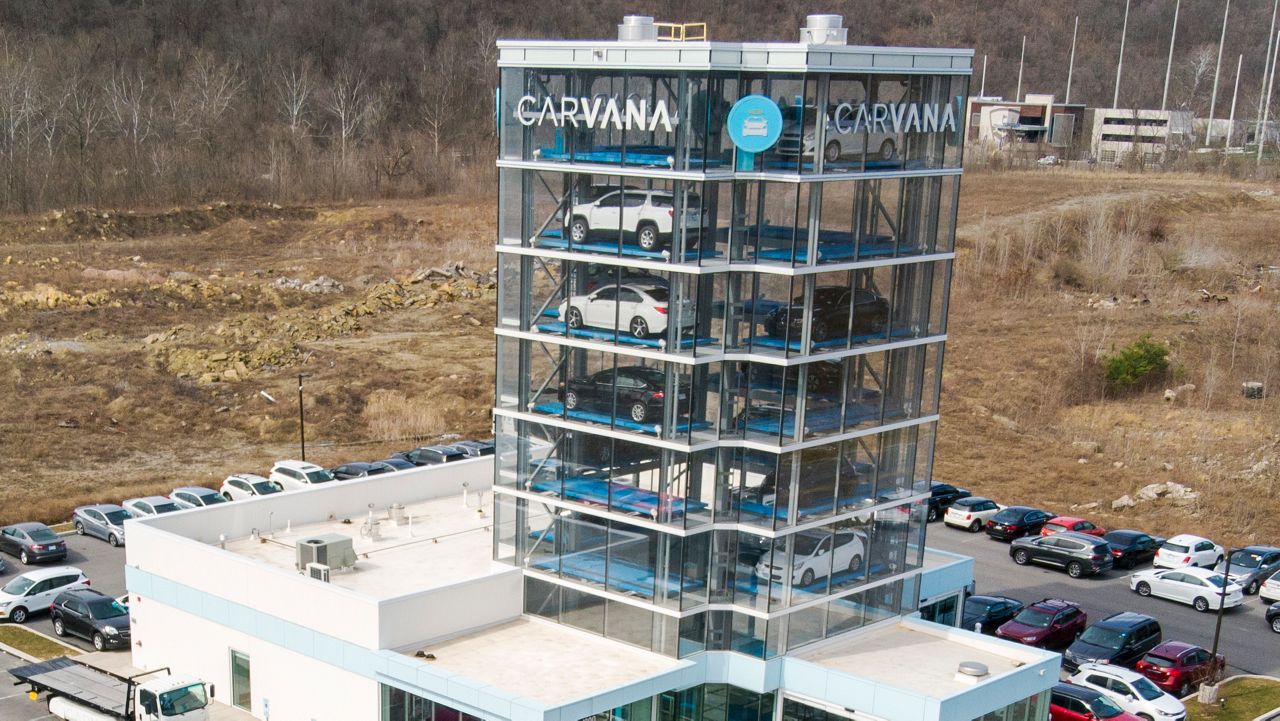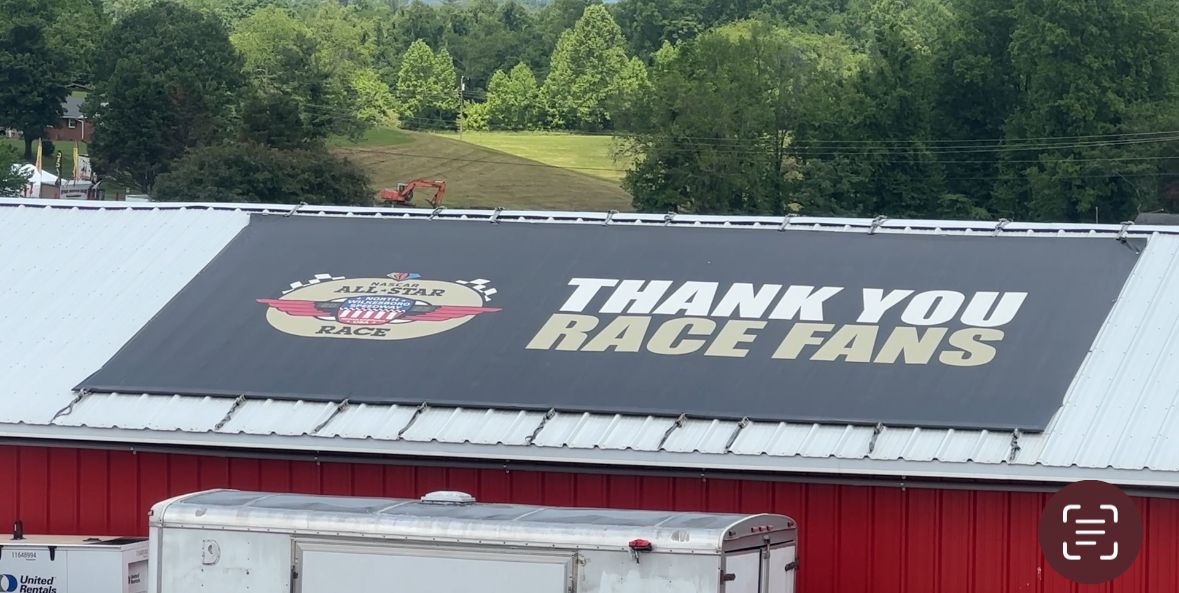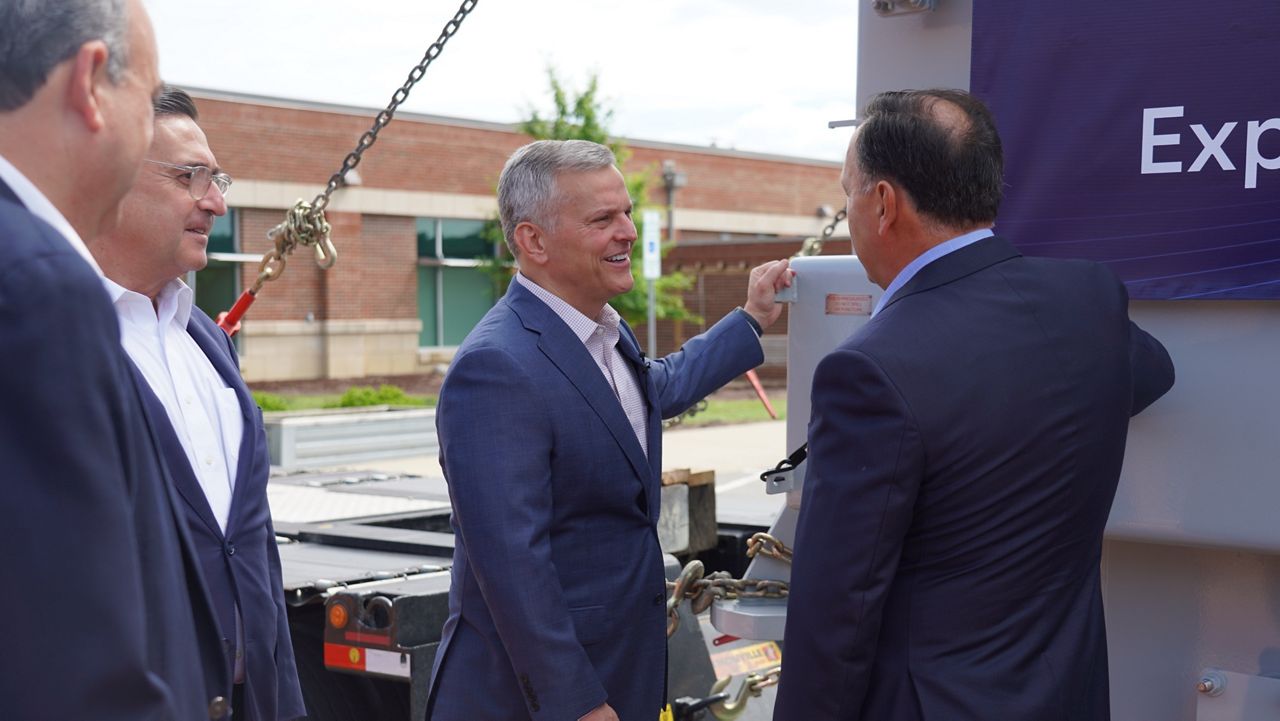LENOIR, N.C. — A lawsuit accuses the online car dealership Carvana of breaking the rules and misleading customers to get an unfair advantage in North Carolina.
The federal lawsuit, which asks the court to become a class action, accuses the company of unfair and deceptive trade practices and false advertising. The suit says Carvana was able to take business away from the lead plaintiff, a used car dealership in Lenoir, North Carolina, near Hickory.
“Carvana portrays a vast catalog of options with the availability of the exact model the consumer wants. Carvana deceptively does this since it advertises it has units available within a specific country or area—such as Hickory—where it does not have a licensed dealership,” the lawsuit states.
The plaintiff in the case, Mountaineer Motors of Lenoir, is represented by Nevin Wisnoski, an attorney with the firm Napoli Shkolnik. The law firm is known for national class action lawsuits.
Asking for the class action, lawyers for the plaintiff say there are at least 1,000 dealerships in North Carolina that could be part of the lawsuit and even more nationally.
Spectrum News 1 contacted Carvana for a response but the company has not provided a statement. This story will be updated when the company responds.
The lawsuit claims Carvana uses “misleading and fraudulent advertising” and aims “to disrupt the used car market by bypassing dealership rules and requirements in the State of North Carolina.” Lawyers for the plaintiff argue that this gives Carvana an unfair advantage over other used car dealers.
Carvana has had a string of problems in North Carolina. The Department of Motor Vehicles suspended the company from selling cars in Raleigh for six months in 2020 and put the company on probation in Charlotte.
In a hearing last year in North Carolina, the DMV accused the company of "failing to deliver titles to DMV, selling a motor vehicle without a state inspection, and issuing out-of-state temporary tags/plates for a vehicle sold to a person in N.C.," Nazneen Ahmed, with the state Attorney General’s Office, said last year.
The company has also faced scrutiny in other states for similar problems with car titles and tags.
The lawsuit asks the federal court in Charlotte to decide if Carvana routinely broke laws governing car dealerships in North Carolina. That includes accusations of selling cars without inspections, reissuing multiple temporary tags and out-of-state tags and not delivering car titles, similar to the issues the DMV accused the company of.
The question in the lawsuit is whether these alleged violations of the car dealership laws and the company’s advertising practices amount to unfair and deceptive trade practices.
In its third quarter earnings report to shareholders, Carvana reported selling more than 102,000 cars in the period, down 8% from the year before. The company hit a record of selling more than 117,000 cars in the second quarter of this year, according to the latest report.
Carvana opened its first “car vending machine” in 2013. The company now has more than 30 of the tall, glass buildings that have become the company’s signature in major markets. The company has three “car vending machines” in North Carolina, in Raleigh, Winston-Salem and Charlotte. It will also deliver cars statewide.
When the company launched, it aimed to disrupt the used car market with its online business plan. But that’s part of what is at issue in this lawsuit.
“Carvana has impacted the automotive industry by committing market share robbery from many used car retailers nationwide. In North Carolina, Carvana has surpassed retailers and has started cutting into the traditional retailers’ used car market share,” the lawsuit states.
The named plaintiff in the lawsuit, Mountaineer Motors of Lenoir, which does business as Car Guys Mountaineer Motors, is based in Lenoir, situated between the Carvana dealerships in Charlotte and Greensboro.
In 2018, when Carvana opened in Charlotte and Winston-Salem, both close to Lenoir, sales at Mountaineer Motors dropped, according to the lawsuit. The company said its sales dropped by 23% in 2018 and then another 27% in 2019.
The lawsuit asks a judge to stop Carvana “from engaging in further wrongful practices” and unspecified damages.









